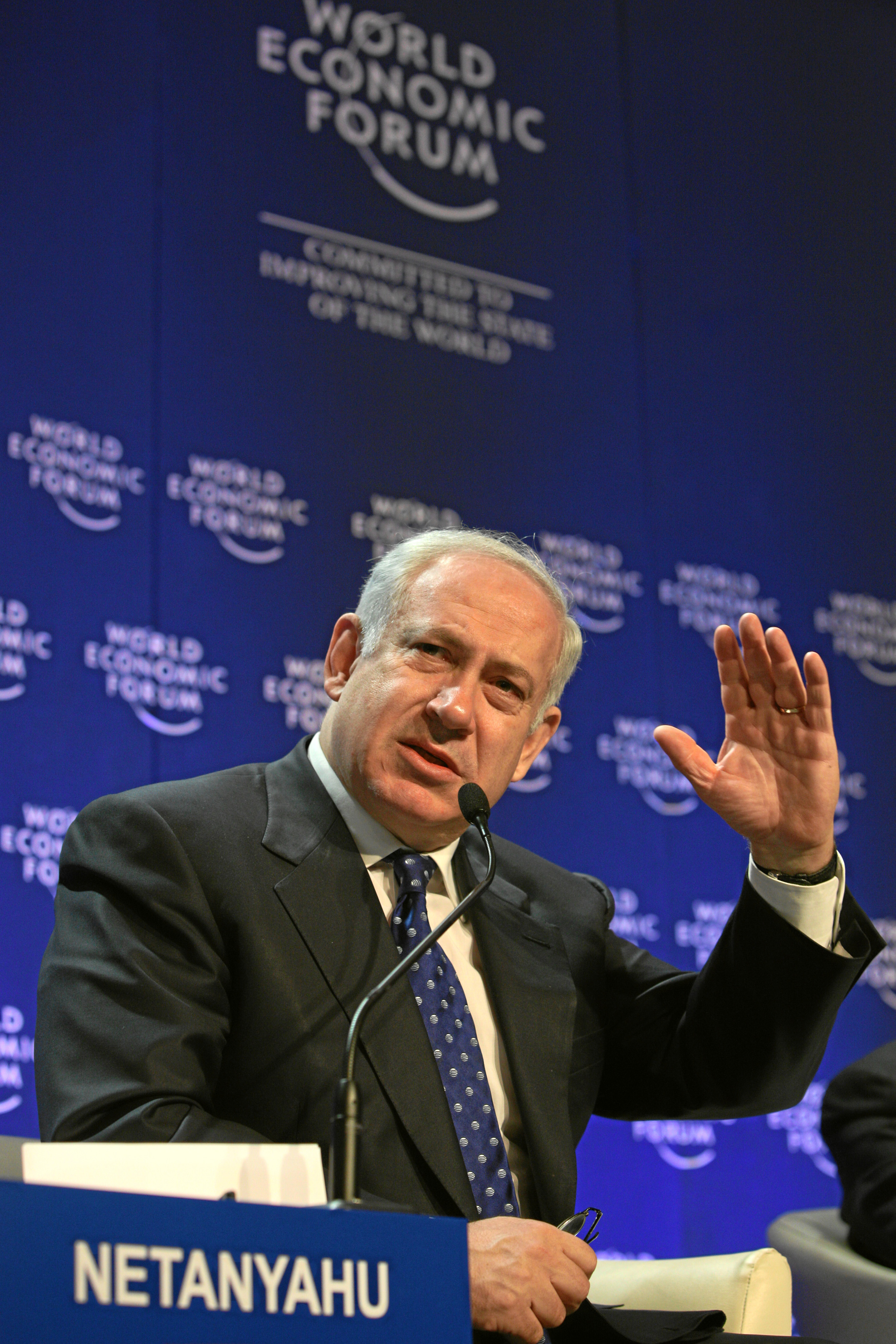Consider this: last week, the leader of the ‘only democracy’ in the Middle East recanted his position on a 30-year old peace framework and made one remarkably offensive comment regarding his minority constituents. He did this to win what seemed like a tight election, and it worked. Benjamin Netanyahu is, for the fourth time, the Prime Minister of Israel, and never before has the diplomatic arena ventured this deep into uncharted territory.
It has been a busy year for Netanyahu. His address to the US Congress in early March, planned by House Speaker John Boehner without informing the White House, became a deeply divisive issue amongst Democrats and Republicans, specifically because it was clear that Netanyahu had come to decry a deal on Iran’s nuclear program that Obama was vigorously supporting. 58 members of Congress, mostly democrats, decided not to attend the speech. Obama, Biden and Kerry all gave Netanyahu the cold shoulder during his time in Washington, as none of them scheduled a meeting with him. This was fueled in part by a cautious White House attempt to carry no influence on Israel’s elections, but also to send a clear message to Netanyahu that his back-stage manoeuvres with Boehner were simply unacceptable and would carry deep ramifications.
Regardless, Netanyahu received over 20 standing ovations in the overwhelmingly Republican Congress, as he warned that a nuclear deal with Iran would jeopardize Israel’s security by allowing the republic to produce nuclear weapons rapidly. After the fact, Obama contended that had those same events taken place under a Republican president and a Democrat-majority Congress, inviting Netanyahu would clearly be ‘the wrong thing to do’. Bearing in mind the fact that a House speaker invited a foreign leader for the sole purpose of negating, in Congress, the President’s diplomatic endeavours,  perhaps he is right.
perhaps he is right.
Upon his return to Israel, it appeared that Netanyahu’s Likud would be defeated by Isaac Herzog’s Zionist Union in the race for leadership. This seemed to place him in an election frenzy, and he reportedly gave more interviews to Israeli news sources in the six days before elections than he had in the past six years. A day before the voting commenced, Netanyahu declared that a Palestinian state would never be established as long as he is PM, essentially reneging the two-state solution he had claimed to support for many years. He then released a public plea to the voters on the right, cautioning them that Israel’s Arabs were coming out to vote ‘in droves’. Josh Earnest, the White House Press Secretary, labelled Netanyahu’s language ‘divisive’. When a leader of a democracy depicts his minority population as cattle to gain right-wing votes, however, one can call this language what it really is: racist and defamatory.
Directly after his victory, Netanyahu back-pedalled on his statement about a two-state solution, saying he does not reject the concept of two states altogether, but that the current conditions were not suitable for this to materialize. He also expressed ‘regret’ regarding his offensive comments on Israel’s Arabs. The damage was done, however, and the international community, taking his pre-election comments at face value, has unloaded on Netanyahu in an unprecedented manner.
British Deputy Prime Minister, Nick Clegg, criticized Netanyahu’s declaration and warned that the UK would have ‘no option’ but to recognize Palestine if Netanyahu continued on this course. White House Chief of Staff, Dennis McDonough, stated that the Israeli occupation of Palestine must end, and harshly criticized Netanyahu’s rhetoric, asserting that the White House ‘cannot simply pretend that those remarks were never made.’ Echoing that sentiment further, former Secretary of State James Baker denounced Netanyahu’s comments. He cautioned that, should the Israeli occupation persist, Israel would lose either its Jewish, or democratic, character. President Obama himself announced that he would have to ‘reassess’ US policy on approaching the conflict following Netanyahu’s victory. However, the US refused to participate in the March 23 debate on Israeli human rights violations at the UN Human Rights Council, despite earlier reports that pointed in the opposite direction. Nevertheless, analysts are speculating that the US would no longer veto anti-Israel resolutions in international forums, marking a drastic shift in US-Israel relations.
When a leader of a democracy depicts his minority population as cattle to gain right-wing votes, however, one can call this language what it really is: racist and defamatory.
The next two years will prove to be a difficult challenge for the Netanyahu-Obama relationship. Not only is Israel’s relationship with the US at an all time low due to the Israeli offensive on Gaza this past summer, or Netanyahu’s Congress blunder and his pre-election statements, but the Palestinian accession to the International Criminal Court will be ratified in April, at which point Israel, and all other parties, could be subject to criminal charges. Fanning the flames further, Robert Malley has been named the White House Coordinator for the Middle East, North Africa and the Gulf, as well as Special Assistant to the President. Malley, who had been a Middle East advisor under Clinton, was dismissed from Obama’s campaign team in 2008 once it was revealed that he had made contact with members from Hamas. He has previously criticized Israeli policy and was lambasted for an article he wrote in 2001, which removed the burden of the failure of Camp David from the shoulders of now deceased Palestinian leader Yassir Arafat. Malley has, nevertheless, been lauded by members of the Obama administration as a highly qualified and capable advisor on the Middle East.
Malley’s assignment, along with the public deterioration of US-Israeli relations, the reinvigorated Palestinian efforts at ‘internationalizing’ the Palestinian cause, Netanyahu’s detrimental pre-election statements and his lackluster attempts at damage control all spell trouble for Netanyahu’s fourth term as Prime Minister. The Palestinians will surely make an effort at capitalizing on Netanyahu’s isolation in the international arena to make serious gains towards statehood, and would have every reason to do so, given Netanyahu’s rhetoric. It is still unclear whether these events will work in favor of Netanyahu’s future coalition government or the Palestinian cause, but one thing seems certain: for the coming two years, Netanyahu is set on a collision course with US foreign policy.




